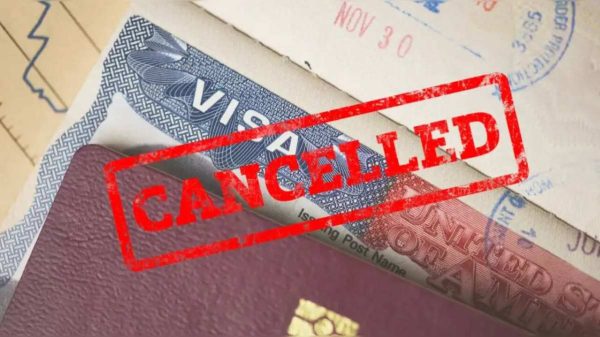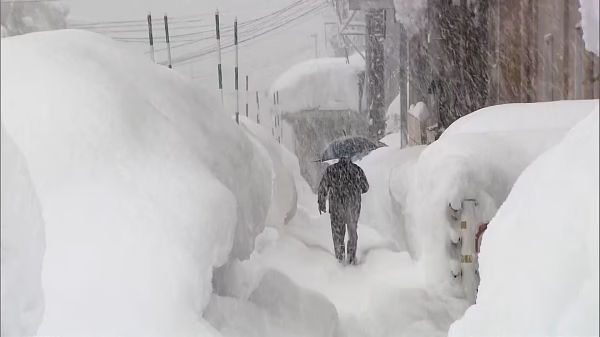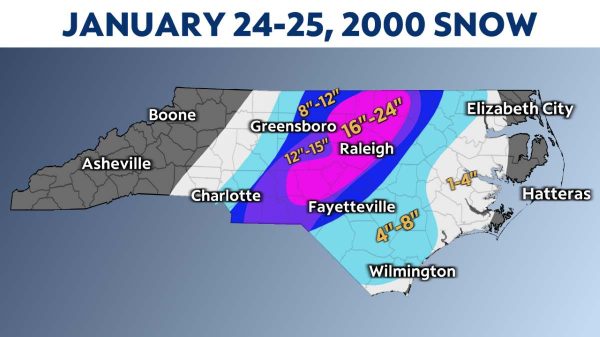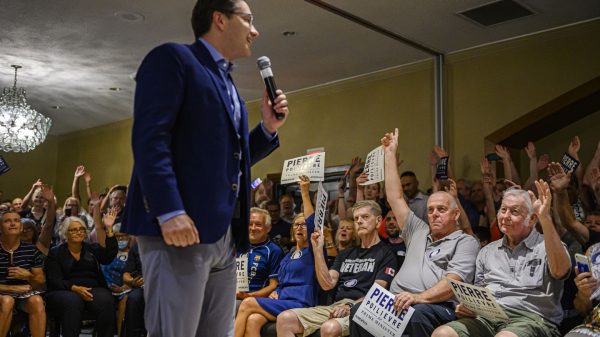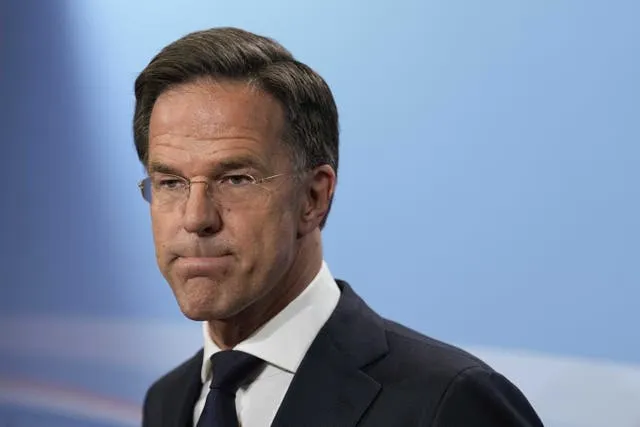Dutch Prime Minister Mark Rutte has announced his resignation, effective immediately, citing irreconcilable differences within his four-party coalition regarding the country’s migration policy. This move has significant implications for the Netherlands, which will now face a general election later this year for the 150-seat lower house of Parliament.
Rutte’s decision follows weeks of tense talks with his coalition partners, which failed to yield a compromise on migration policy. The prime minister acknowledged that the coalition partners have differing views on the issue, which has become increasingly polarized. He stated that while his party and the Christian Democrats favor stricter measures to curb migration, the D66 and ChristenUnie parties are opposed to such measures.
The resignation has sent shockwaves throughout the political terrain, with opposition politicians calling for fresh elections. Geert Wilders, leader of the anti-immigration Party for Freedom, tweeted “Quick elections now.” Jesse Klaver, leader of the Green Left party, also urged for an election, stating that the country needs a change of direction.
The coalition’s inability to agree on a migration policy has been a major challenge, particularly in light of the recent increase in asylum seekers arriving in the country. Last year, more than 21,500 people from outside Europe sought asylum in the Netherlands, putting a strain on the country’s housing system.
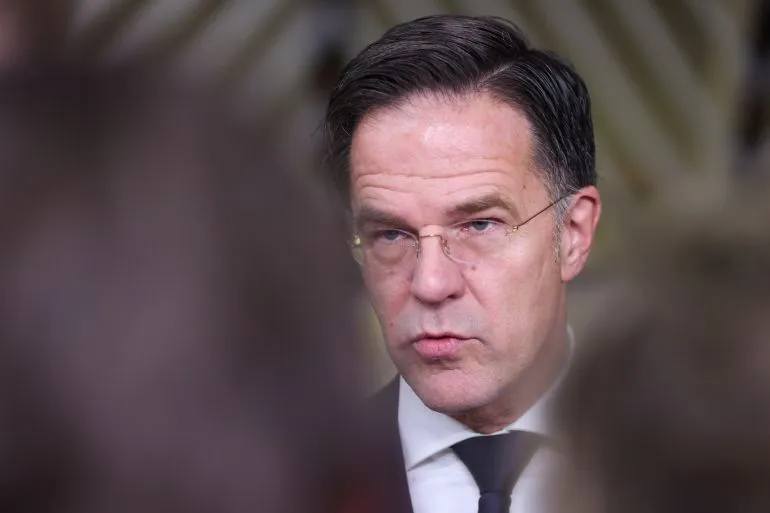
Dutch Prime Minister Mark Rutte (Via Mark Rutte/Twitter)
Rutte’s government had proposed measures to reduce the flow of new migrants, including creating two classes of asylum and reducing the number of family members allowed to join asylum seekers. However, these proposals were met with resistance from the opposition parties, leading to the collapse of the coalition.
The resignation of Rutte’s government marks the end of his fourth term as prime minister, and it is likely that his Cabinet will remain in office as a caretaker administration until a new government is formed. The Dutch parliament will now dissolve, and a general election will be held to elect a new government.
The significance of Rutte’s resignation lies not only in the migration policy stalemate but also in the broader implications for the country’s political terrain. The election will likely be a defining moment for the Netherlands, as it navigates its position within the European Union and grapples with the challenges of migration, integration, and economic growth.
Migration has been a contentious issue in Dutch politics, with some parties advocating for stricter measures to curb immigration, while others argue that the country needs to maintain its traditional open-door policy. The resignation of Rutte’s government highlights the difficulty in finding a compromise between these opposing views, and the need for a new government that can effectively address the country’s pressing challenges.

